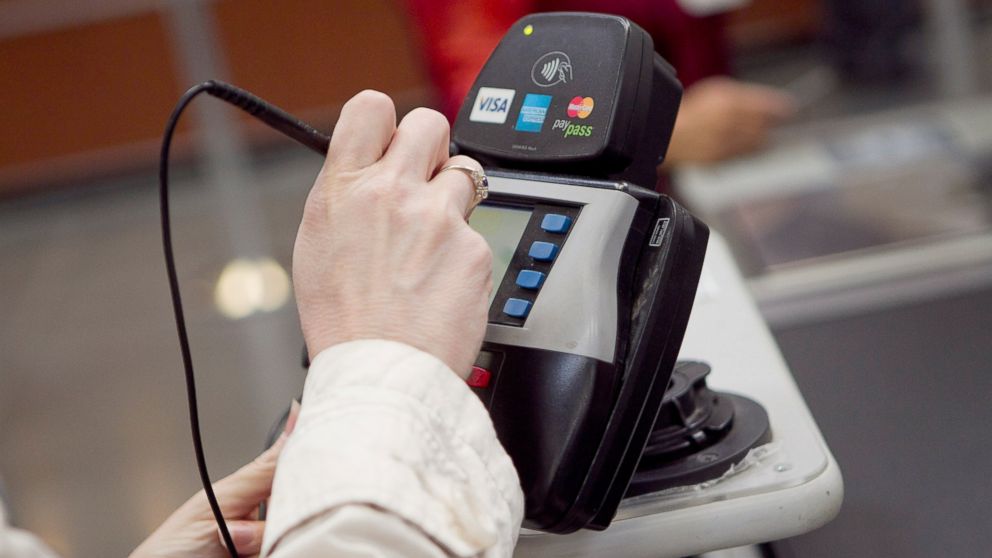Some of Your Favorite Retailers Will Take Aim at Apple Pay Next Year
Some of the biggest retailers are working on their own mobile wallet.

— -- Some of the country's biggest retailers are testing a mobile wallet product that could compete with Apple Pay as soon as next year.
As Apple Pay was rolled out at more than 220,000 stores earlier this month, retailers such as Walmart, Best Buy and 7-Eleven were among those that were noticeably absent from Apple's list of big name partners.
The group is part of a joint venture called the Merchant Customer Exchange, which announced last month it is working on CurrentC, a mobile payments solution that is currently being tested and is expected to roll out to 110,000 stores in 2015.
"It will offer merchants new and exciting channels to engage with customers, strengthen relationships, and enjoy more control of transaction data," Merchant Customer Exchange CEO Dekkers Davidson said in a statement last month announcing the service.
Meanwhile, CVS and Rite Aid, which have the Near Field Communication readers that support Apple Pay, have reportedly taken measures to disable or alter their NFC readers so Apple Pay cannot be used. Both retailers are part of the Merchant Customer Exchange.
A spokesperson for Rite Aid told ABC News the company is "continually evaluating various forms of mobile payment technologies" and is "committed to offering convenient, reliable and secure payment methods that meet the needs of our customers."
CVS "cannot accept Apple Pay or other mobile payments that use NFC technology," a spokesperson told ABC News. "We are in the process of evaluating mobile payment options for our customers."
Key Differences Between CurrentC and Apple Pay
While CurrentC may position itself as an Apple Pay competitor, the two services share little in common beyond the promise of being able to make a transaction in a single motion.
In order to use Apple Pay, consumers must own an iPhone 6 or iPhone 6 Plus to check out at brick and mortars stores. Those stores must also be equipped with NFC readers -- something many already had.
CurrentC said it will use QR codes generated from an app that can be scanned at checkout. The service said it also does not require additional hardware from most customers or merchants.
There's also a stark contrast between Apple Pay and CurrentC when it comes to the nuts and bolts of how a consumer's information is stored.
With Apple Pay, neither Apple nor merchants see or store any of your private information.
Instead, users take a photo of their credit card and add it to their phone's Passbook, where it is assigned an unique device account number, encrypted and stored in the phone's Secure Element Chip.
When it's time to check out, the device account number and a dynamic security code are used to complete the transaction. Apple will never know what you purchased, the company said, and you'll still get rewards points on the credit cards you use.
CurrentC will store financial information in a cloud vault, according to a release detailing the service. A "token placeholder" will be used to make transaction, ensuring a user's sensitive financial data isn't exposed.
While it's unclear how or if CurrentC will track a user's purchases, MCX said the mobile wallet will offer "merchant loyalty programs and instant coupon savings, all stored on the phone and available right at the point-of-sale."




